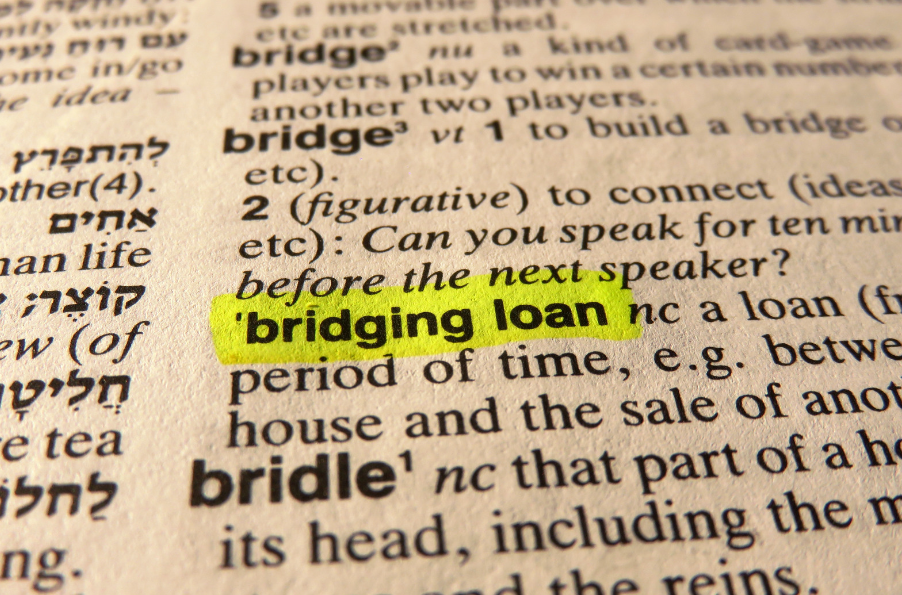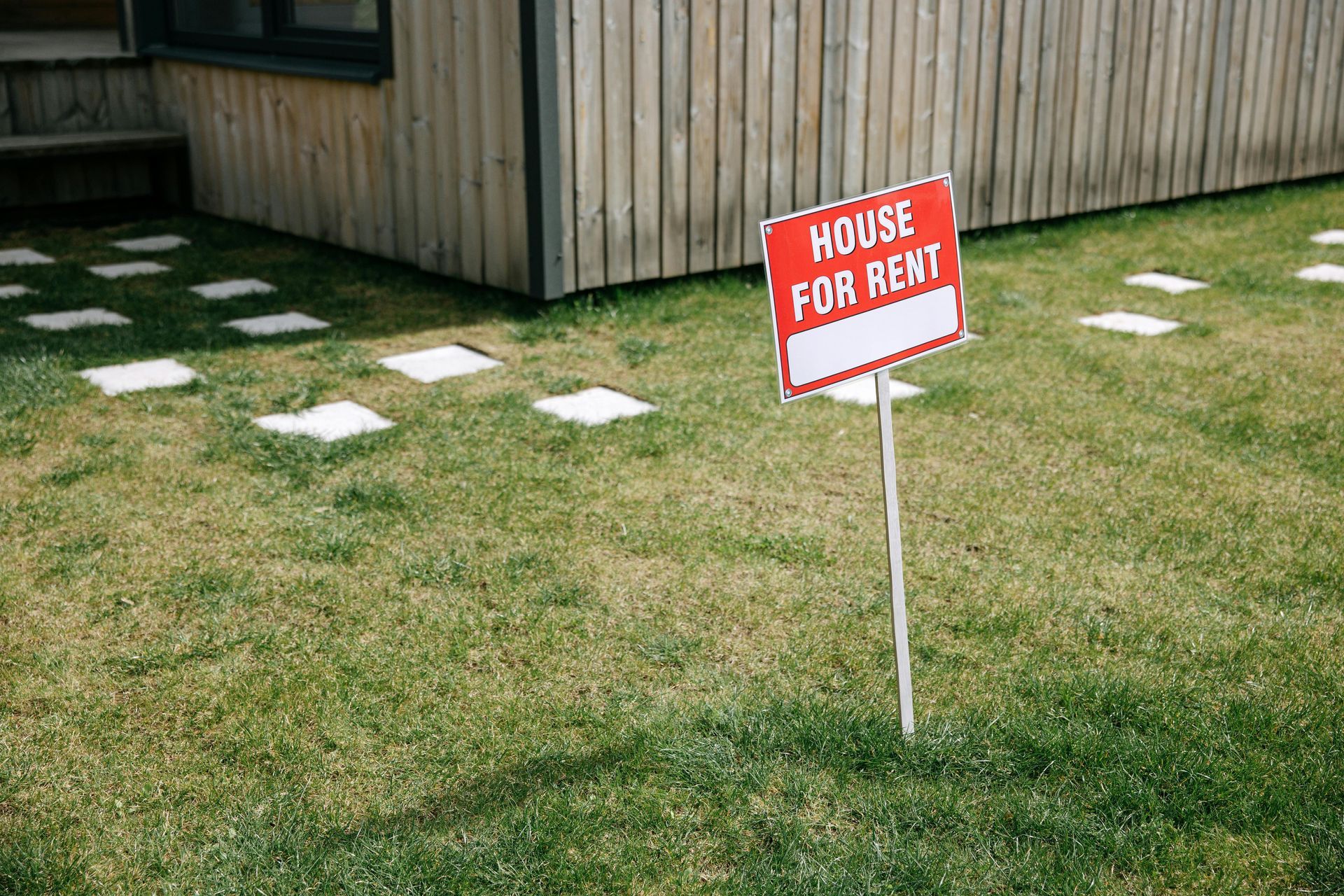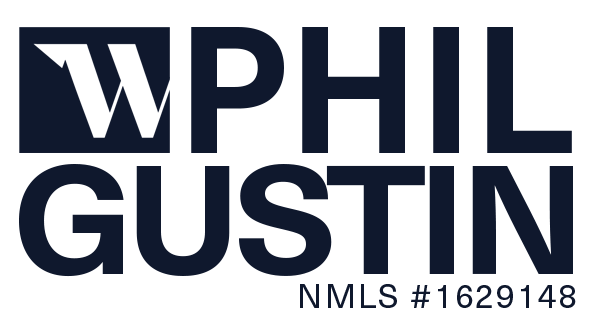Bridge Loans in Boise, ID: The Answer for Homebuyers

Bridge Loans in Boise, ID: The Answer for Homebuyers
As the capital of Idaho, Boise has grown rapidly in recent years and is now one of the top places to live in the country. The combination of outdoor adventures, a strong economy and a vibrant culture has drawn homebuyers from all over the country. But with this high demand comes a competitive real estate market and finding and closing the perfect home can be tough—especially if you’re trying to sell your current home at the same time. Understanding how a bridge loan works can be crucial in such scenarios.
One of the solutions to this problem is a bridge loan. This financial tool is designed to help you transition from one home to another without being forced to sell your current home quickly or miss out on a new home because your current one hasn’t sold yet. A bridge loan works by providing interim financing solutions when immediate funds are needed to bridge the gap until long-term financing is secured or existing properties are sold. Bridge loan rates are typically higher than conventional mortgage rates due to their quick accessibility and the associated risks for lenders.
In Boise, where properties move fast, a bridge loan can give you the financial flexibility to buy a new home without the stress of timing. Here we’ll get into the concept of bridge loans, how they work and why they might be the answer for Boise homebuyers.

What is a Bridge Loan?
A bridge loan is a short-term financing that “bridges” the gap between buying a new home and selling your current home. It allows you to use the equity in your current home to fund the down payment or entire purchase of a new home.
This type of loan is perfect for competitive real estate markets like Boise where you need to act fast when your dream home becomes available. Bridge loans are often followed by permanent financing to replace the temporary cash flow solutions they provide.
Bridge loans are short-term, typically 6-12 months but some lenders will extend if needed. This short-term loan gives you the funds to buy your new home before you sell your current one so you can move fast on a new purchase without waiting for your current home to sell.
However, it’s important to note that bridge loans typically come with a higher interest rate compared to other financing options like home equity lines of credit (HELOCs). The higher interest rate is influenced by the prime rate and the short-term nature of these loans, which often results in higher borrowing costs.
How Does a Bridge Loan Work?
Bridge loans are secured by the equity in your current home. You are essentially borrowing against your home’s value. Once your current home is sold, the proceeds from the sale are used to pay back the bridge loan. Bridge loans, also known as swing loans, provide necessary financial support while awaiting more permanent funding.
There are different types of bridge loans depending on your situation and how much equity you have in your current home.
Here are the two most common types of bridge loans:
- First Mortgage Bridge Loan: This type of loan pays off your existing mortgage and provides additional funds for your new home. It combines your existing mortgage with the new loan, so you only have one mortgage during the transition period.
- Second Mortgage Bridge Loan: With this type of bridge loan, you keep your current mortgage in place and take out a second loan using the equity in your current home. This second loan is for the down payment or to fund the entire purchase of your new home. You’ll have two separate loans until your current home is sold and the bridge loan is paid off.
Bridge loans are flexible, but they also come with risks. Because they are short-term loans, the interest rates can be higher than traditional mortgages and you’ll need to be able to handle multiple loans or mortgages at once.
However, compared to a home equity line of credit (HELOC), bridge loans typically have higher interest rates and closing costs, but they can be a better option for those needing immediate funds for a new home purchase. For the right homeowner, the benefits usually outweigh the costs.

Benefits of Bridge Loans
Bridge loans offer several compelling benefits that make them an attractive option for many homebuyers in Boise:
- Quick Access to Funds: One of the standout advantages of bridge loans is their speed. Unlike traditional loans that can take weeks to process, bridge loans can be approved and funded in just a few days. This rapid access to capital is crucial in a fast-paced real estate market like Boise.
- Flexibility: Bridge loans are incredibly versatile. Whether you need funds to purchase a new home, renovate a property, or cover unexpected expenses, a bridge loan can provide the financial flexibility you need.
- Lower Credit Score Requirements: If your credit score isn’t perfect, don’t worry. Bridge loans often have lower credit score requirements compared to traditional loans, making them more accessible to a broader range of borrowers.
- No Prepayment Penalties: Many bridge loans come without prepayment penalties, allowing you to pay off the loan early without incurring additional fees. This can be particularly beneficial if you sell your current home sooner than expected.
- Interest-Only Payments: Some bridge loans offer interest-only payments during the loan term. This feature can help you manage your cash flow more effectively by reducing your monthly payment obligations in the short term.
Why a Bridge Loan in Boise?
Boise’s real estate market is hot, home prices are rising, and demand is high across all price ranges. In this fast-paced market timing is everything. You don’t want to miss out on your dream home because your current home hasn’t sold yet.
Real estate investors often use bridge loans to manage cash flow during property transitions and renovations. Here are several reasons why a bridge loan might be perfect for Boise homebuyers:
- Avoid Double Moves: One of the biggest benefits of a bridge loan is that it allows you to avoid the hassle of a double move. Without a bridge loan you may find yourself selling your home, moving into temporary housing and then moving again once you’ve purchased your new home. A bridge loan lets you move directly into your new home without the disruption of interim housing.
- Make Non-Contingent Offers: In a seller’s market like Boise many homeowners are hesitant to accept offers that are contingent upon the sale of another home. Sellers prefer offers from buyers who can close quickly and without uncertainty. A bridge loan allows you to make a non-contingent offer which makes you a more attractive buyer in a competitive situation.
- Flexible Repayment Options: Bridge loans often have flexible repayment terms including interest only payments during the loan term. This can help alleviate the financial burden of carrying two mortgages at once. Once your current home sells you can pay off the bridge loan in full with no penalties.
- Use Your Home Equity: For homeowners who have built up a lot of equity in their current home a bridge loan is a great way to use that equity to purchase a new property. This is especially useful if you don’t have enough cash for a down payment but have a lot of equity in your current home.

Is a Bridge Loan for You?
While bridge loans are a great tool for many homeowners, they aren’t for everyone. You need to weigh the pros and cons and consider your financial situation before deciding if a bridge loan is the right choice. Bridge loans serve as a temporary solution while borrowers wait for lower-interest, long-term financing options to become available.
Factors to Consider
- Significant Home Equity: Bridge loans work best for homeowners who have built up a lot of equity in their current home. If you owe more on your mortgage than your home is worth a bridge loan may not be an option.
- Strong Financial Profile: Bridge loans have higher interest rates and fees than traditional mortgages. You need a solid financial foundation to handle the payments for both your existing mortgage and the bridge loan especially if your home takes longer to sell than expected.
- Confidence in Selling Your Home: You need to be reasonably confident that your current home will sell within the term of the bridge loan. If your home doesn’t sell you could be left with two loans and no way to pay off the bridge loan and be financially strained.
If you’re considering a bridge loan, it’s a good idea to talk to a trusted mortgage professional who can help you assess your situation and determine if it’s the right choice. With the right guidance a bridge loan can be a powerful tool in Boise’s competitive real estate market.
Bridge Loan vs. Home Equity Loan
When it comes to financing options, understanding the differences between a bridge loan and a home equity loan is crucial. A bridge loan is designed to provide short-term funding to bridge the gap between the sale of your current home and the purchase of a new one. This type of loan is particularly useful in competitive real estate markets like Boise, where timing is everything.
On the other hand, a home equity loan allows you to borrow against the equity you’ve built up in your current home. This loan type is typically used for long-term financing needs and comes with lower interest rates and longer repayment terms compared to bridge loans. However, the application and approval process for a home equity loan can be more time-consuming.
While both loans can provide access to necessary funds, bridge loans offer faster funding and more flexible repayment terms, making them ideal for quick transitions. Home equity loans, with their lower interest rates, are better suited for those who can afford to wait for the longer approval process.

Pros and Cons of Bridge Loans
Bridge loans can be a powerful tool for homebuyers, but they come with their own set of advantages and disadvantages. Here’s a closer look at the pros and cons:
Pros:
- Fast Funding: Bridge loans can be approved and funded quickly, often within days or weeks, providing immediate access to capital.
- Flexible Repayment Terms: These loans offer flexible repayment options, including interest-only payments and balloon payments, which can help manage cash flow during the transition period.
- High Loan-to-Value Ratio: Bridge loans often come with high loan-to-value ratios, allowing you to access a larger amount of funds based on your home’s equity.
Cons:
- High Interest Rates: Bridge loans typically have higher interest rates compared to traditional loans, reflecting the short-term nature and higher risk for lenders.
- High Fees: These loans often come with significant fees, including origination fees and closing costs, which can add to the overall cost.
- Risk of Default: Due to their shorter repayment terms and higher interest rates, bridge loans can be riskier, especially if your current home takes longer to sell than anticipated.
Bridge Loan Alternatives
While bridge loans can be a fantastic solution for many homebuyers, they might not be the best fit for everyone. Here are some alternative financing options to consider:
- Home Equity Loans: A home equity loan allows you to borrow against the equity you’ve built up in your current home. This type of loan can provide a lump sum of money that you can use for various purposes, including purchasing a new home.
- Home Equity Lines of Credit (HELOCs): Similar to home equity loans, HELOCs let you tap into your home’s equity. However, instead of receiving a lump sum, you get access to a revolving line of credit that you can draw from as needed.
- Commercial Loans: If you’re a real estate investor or need funds for business-related activities, commercial loans might be a suitable option. These loans are designed to finance the purchase or renovation of commercial properties.
- Personal Loans: Personal loans are another versatile financing option. They can be used for a wide range of purposes, including real estate financing. While they typically have higher interest rates than secured loans, they don’t require collateral.
How to Apply for a Bridge Loan
Applying for a bridge loan is a straightforward process, but it requires careful preparation. Here are the steps to follow:
- Determine Your Financing Needs: Calculate the amount you need to borrow and identify the purpose of the loan, whether it’s for a down payment on a new home or covering interim expenses.
- Check Your Credit Score: Most bridge loan lenders require a minimum credit score of 600-650. Knowing your score can help you understand your eligibility.
- Gather Financial Documents: Prepare necessary financial documents, including income statements, bank statements, and details of your current mortgage.
- Find a Lender: Research and compare different bridge loan lenders to find the best fit for your needs. Consider factors like interest rates, fees, and repayment terms.
- Submit an application: Complete the application process with your chosen lender, providing all required financial documents to support your application.
Bridge Loan Requirements
To qualify for a bridge loan, you’ll need to meet certain criteria. Here are the typical requirements:
- Minimum Credit Score: While bridge loans often have more lenient credit score requirements than traditional loans, you’ll generally need a minimum credit score of 600-650 to qualify.
- Down Payment: Most bridge loans require a down payment of 10-20% of the loan amount. This upfront payment helps secure the loan and demonstrates your financial commitment.
- Collateral: Bridge loans are usually secured by collateral, such as your current home or another valuable asset. This security reduces the lender’s risk and can help you qualify for better terms.
- Income Verification: Lenders will typically require proof of income to ensure you have the financial means to repay the loan. This verification process helps assess your ability to handle the additional debt.
- Loan-to-Value Ratio: The loan-to-value (LTV) ratio is a key factor in bridge loan approval. Lenders usually look for an LTV ratio of 70-80%, meaning the loan amount should not exceed 70-80% of the value of the collateral.
By understanding these requirements, you can better prepare yourself for the bridge loan application process and increase your chances of approval.
Why Choose Phil Gustin for Your Bridge Loan?
As a seasoned mortgage broker with over 15 years of experience and knowledge of the Boise housing market I’ve helped many families find the right financing solution for them. Bridge loans are a specialized product, and my expertise will guide you through the entire process so you can make informed decisions that fit your financial goals.
Bridge Loan Mortgage Rates
Bridge loan mortgage rates can vary based on the lender and the specific terms of the loan. Here are some general interest rate ranges for different types of bridge loans:
- Residential Bridge Loans: Typically range from 8-12% interest rate, reflecting the short-term nature and higher risk.
- Commercial Bridge Loans: Generally, have interest rates between 10-15%, depending on the property type and borrower’s credit profile.
- Construction Bridge Loans: These loans often come with higher interest rates, ranging from 12-18%, due to the additional risks associated with construction projects.
While bridge loan interest rates are higher than traditional loans, they offer the advantage of faster funding and more flexible repayment terms, making them a viable option for those needing quick access to capital.
By understanding these aspects, you can make an informed decision about whether a bridge loan is the right choice for your financial needs.
Bottom Line: Are Bridge Loan Rates Right for You?
If you’re a Boise homeowner looking to buy a new home while your current home is still on the market a bridge loan can be a great option. It gives you the flexibility to move fast, avoid double moves and make strong offers without waiting for your current home to sell. But you need to approach bridge loans with caution and a clear understanding of the risks involved.
As your mortgage broker I can help you explore your options and find the best way forward. Whether you’re considering a bridge loan or another financing option my commitment is to give you expert guidance and personalized service. Contact me today to see how a bridge loan can get you into your next Boise home.








